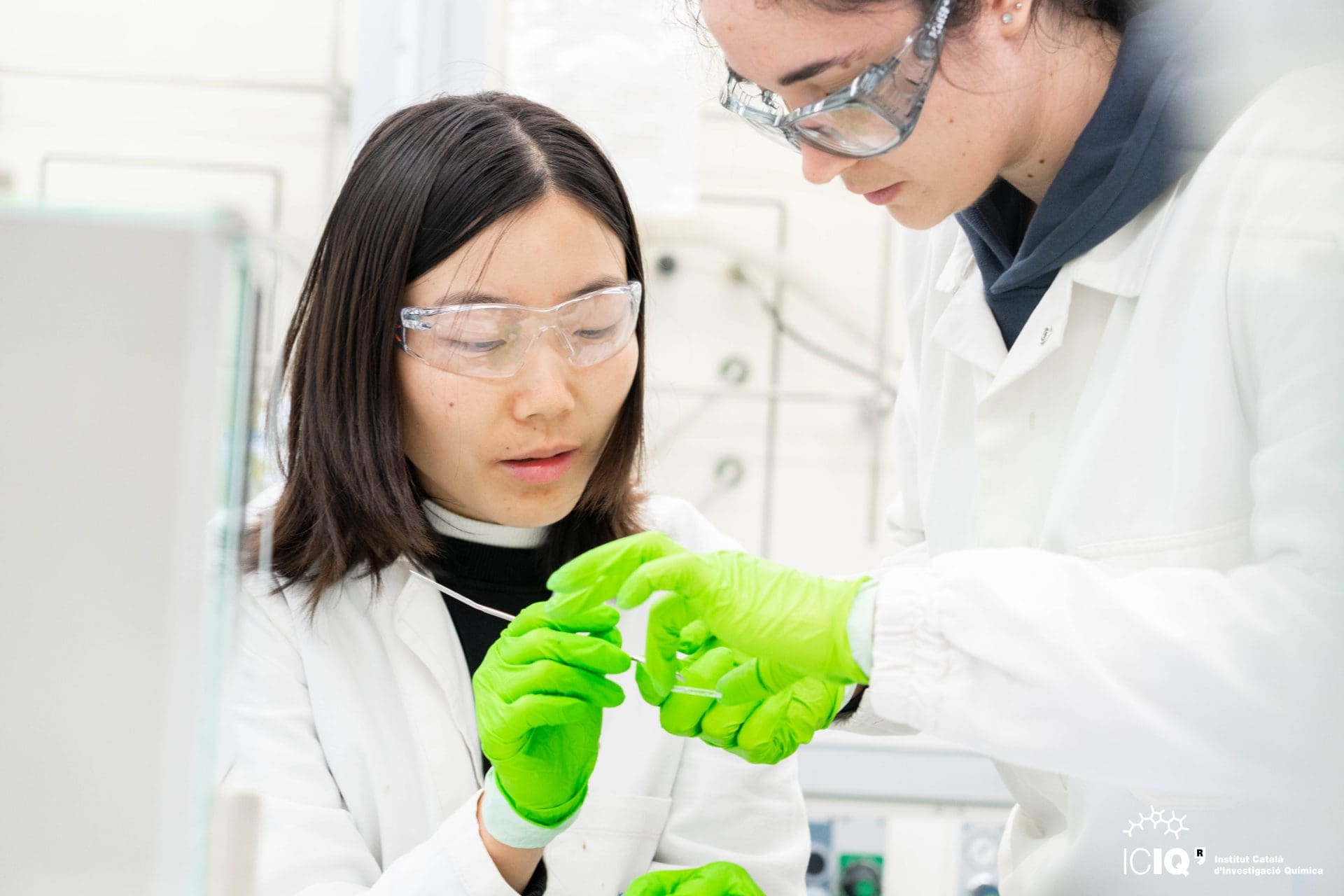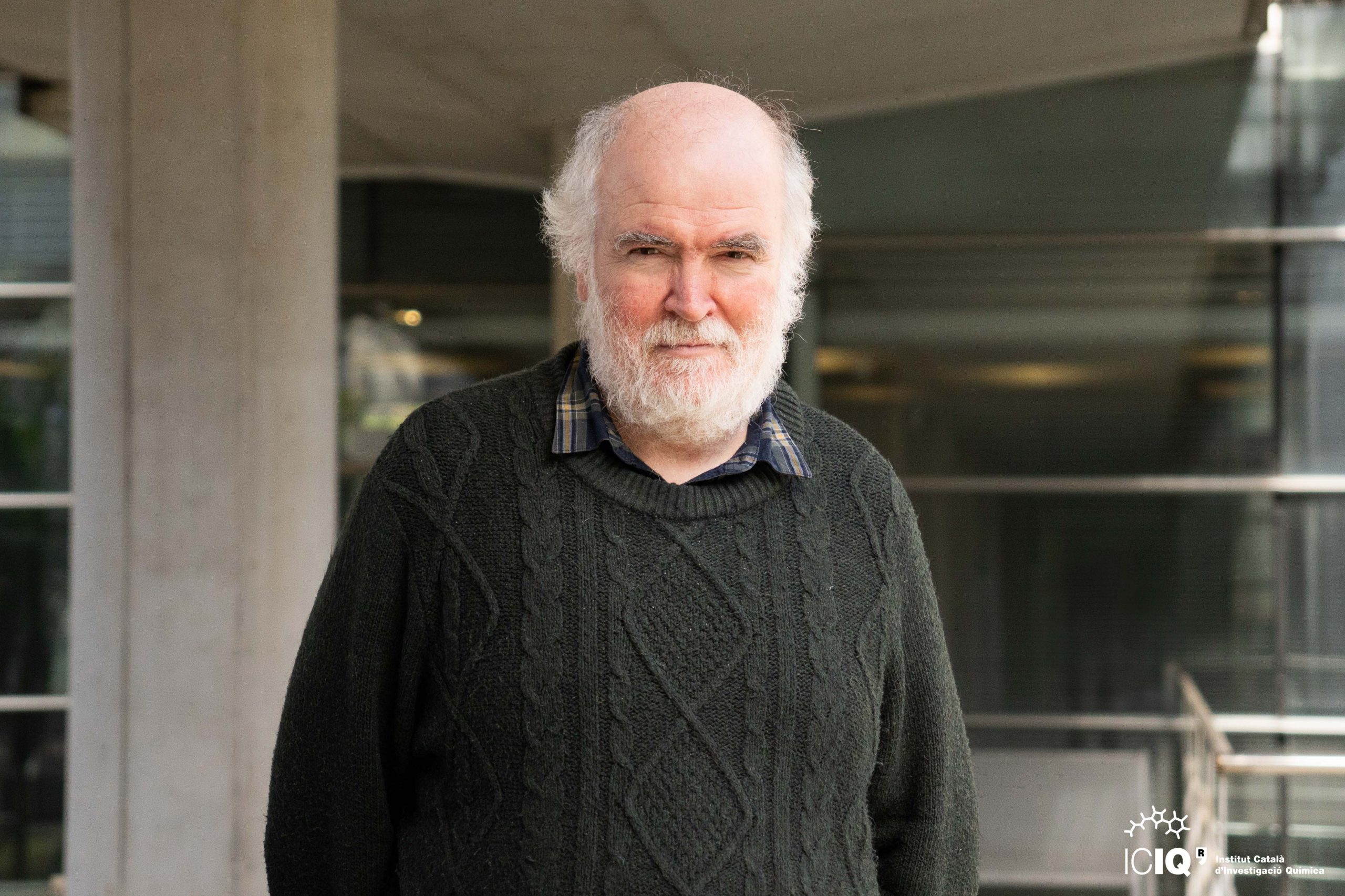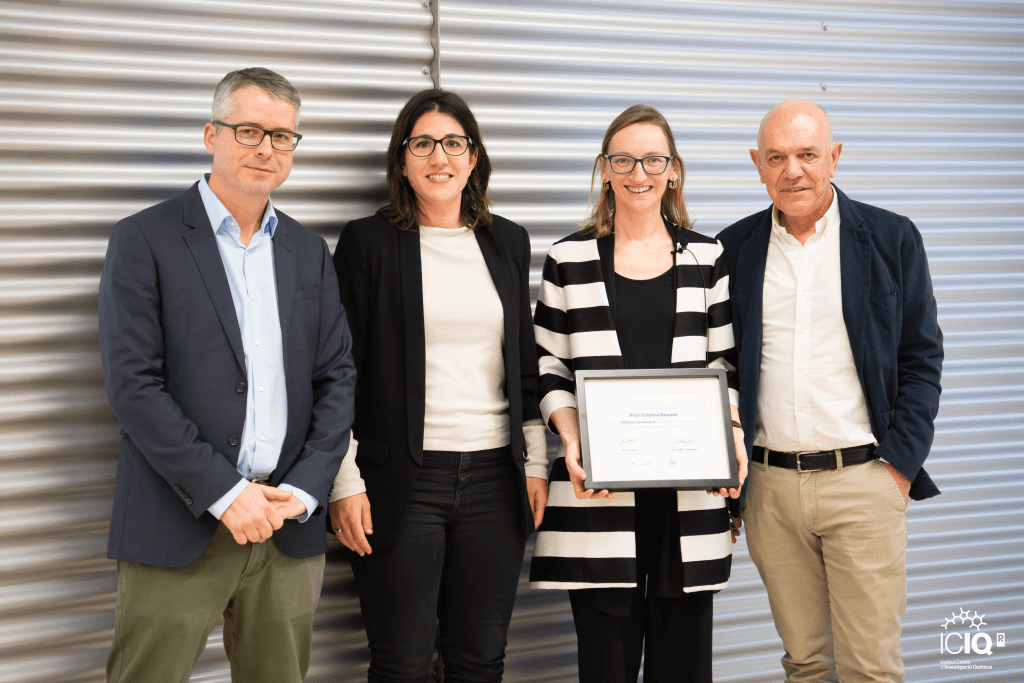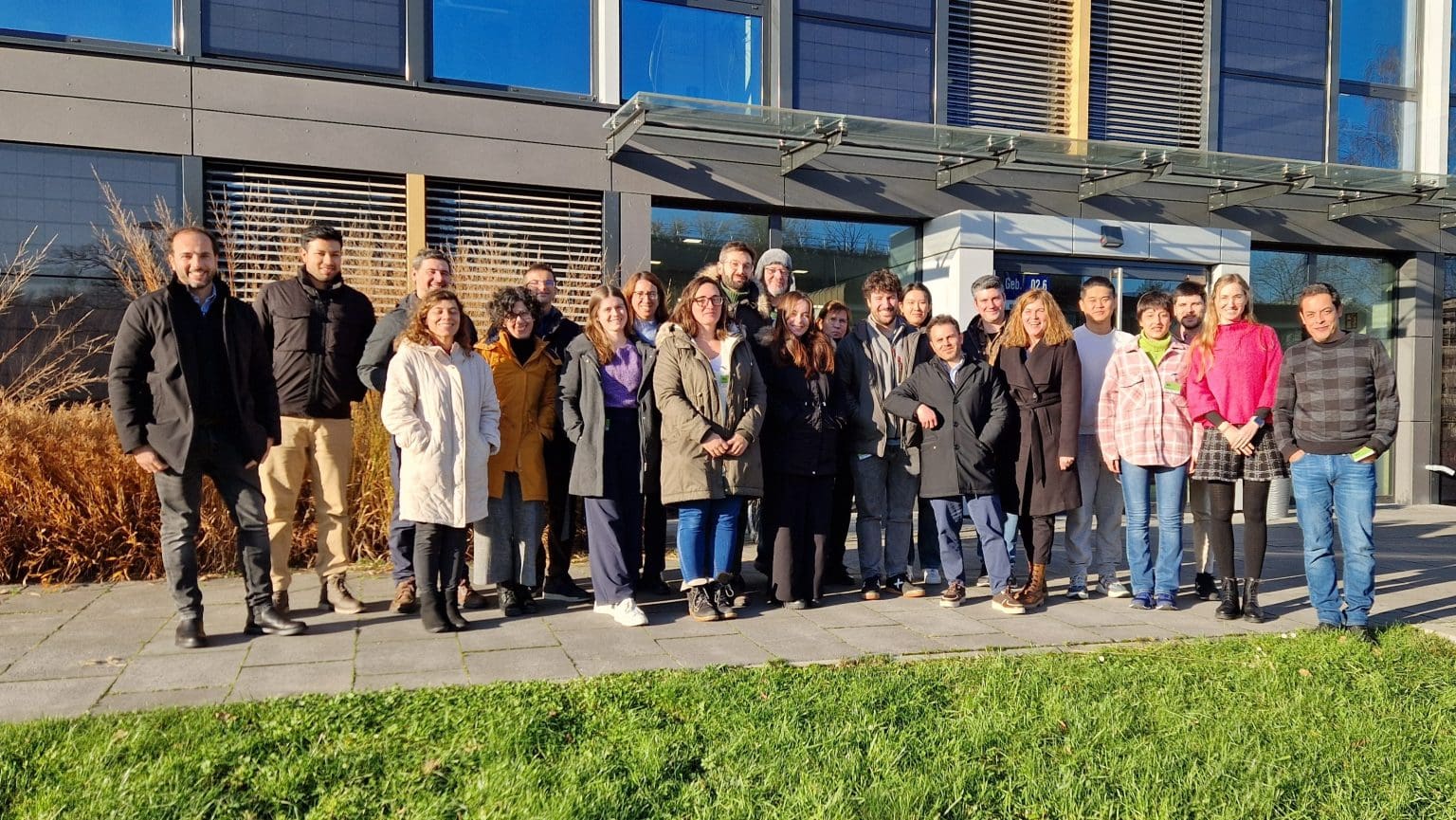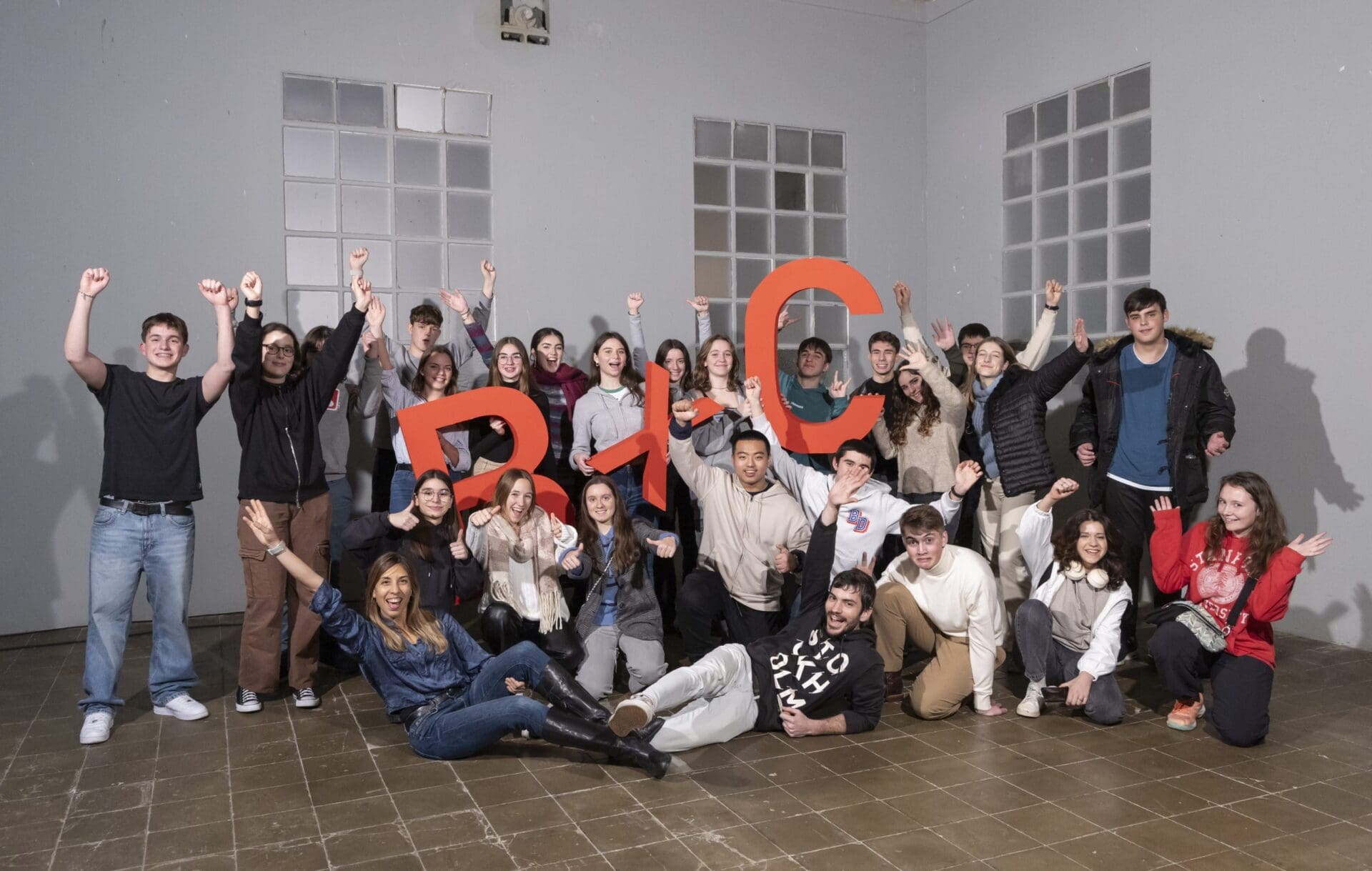The SUNGATE project starts with the goal to engineer a technology to produce highly-efficient solar fuels
In October 2023, the EU funded project “SUNGATE” commenced with ICIQ among the 12 partners that participate on it.
The Institute of Chemical Research of Catalonia (ICIQ-CERCA) stands at the forefront in the search for innovative solutions to global sustainability challenges through strategic chemistry approaches. Amidst the ongoing energy transition and ongoing climate change, many of ICIQ’s research initiatives are focused in the potential of solar fuels as a sustainable answer to environmental-friendly energy supply for mobility, households and industry, for instance.
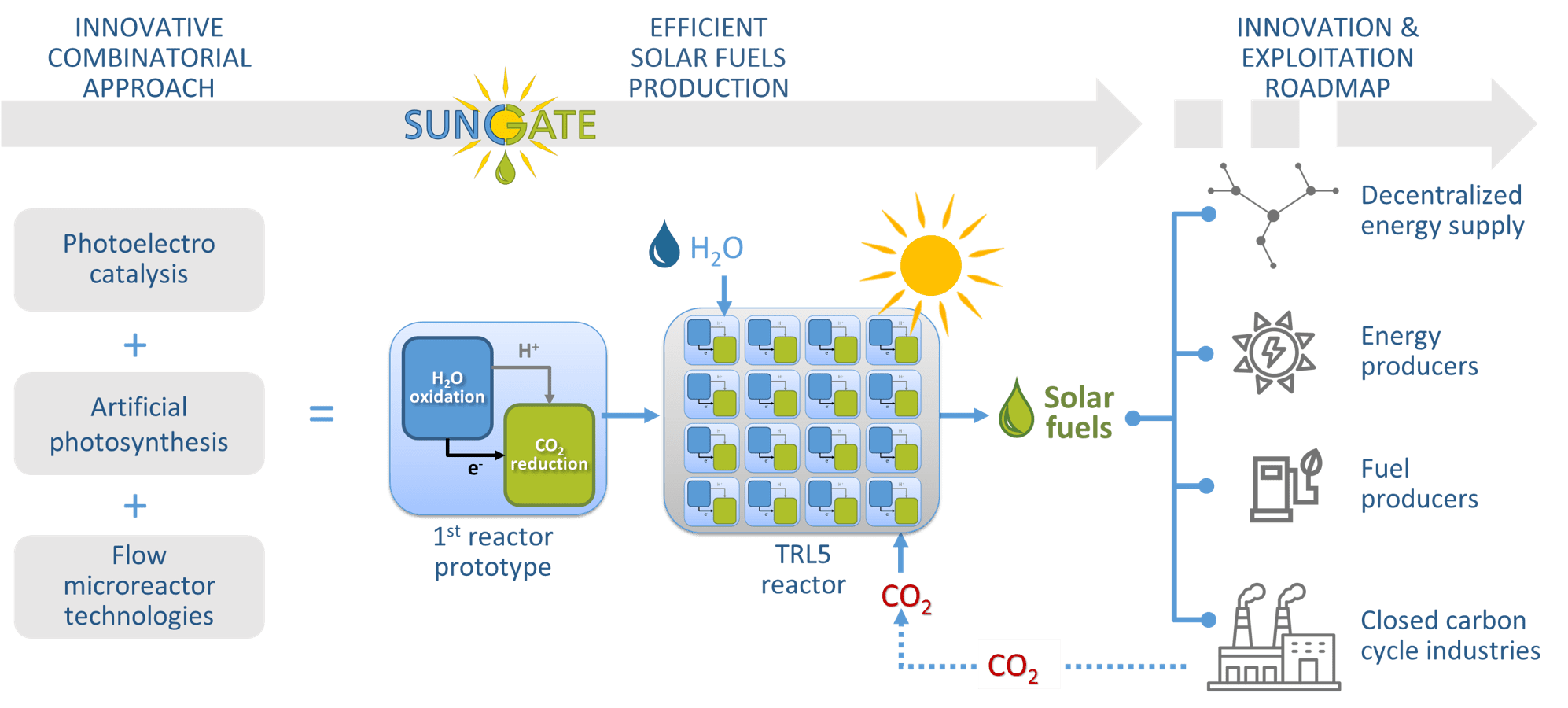
SUNGATE has the participation from ICIQ through the Prof. Antoni Llobet research group. The project’s goal is to engineer a novel, circular, sustainable and cost-efficient bio-hybrid technology to achieve the highly-efficient scalable production of solar fuels in systems, ranging from portable temporary installations to larger-scale solutions for decentralised households and industry.
A promising approach for solar fuel production is artificial photosynthesis (AP) – however, current systems are inefficient, expensive and unsuitable for industrial deployment. The EU project “SUNGATE”, aims to overcome these limitations by combining the principles of AP with photoelectrocatalysis and flow microreactor technology. As a result, the project will bring about the first modular full-cell continuous flow microreactor technology that requires sunlight as its only energy source as well as water and CO2 as simple, abundant feedstocks for conversion into solar fuels such as methanol and formate.
In contrast to state-of-the-art photoelectrochemical (PEC) technologies, SUNGATE will not use toxic or critical raw materials, and will combine efficient water oxidation catalysts with novel biohybrid CO2 reducing catalysts onto nanostructured electrodes to radically improve the efficiency of conversion. The unique modular and scalable design of SUNGATE technology will allow a flexible defossilised production of solar fuels for diverse applications ranging from decentralised energy infrastructure to closed carbon cycles for sectors that emit large amounts of CO2 (e.g., cement, steel and chemical industry).
The project’s interdisciplinary consortium celebrated its kick-off meeting last 22nd November 2023 at Fraunhofer IME in Aachen, Germany. They will engage in the full validation of the technology, including life cycle assessment, as well as effective dissemination and knowledge transfer to accelerate industrial take up. SUNGATE aims to achieve a fully integrated solar-to-fuel demonstrator at TRL 5. This would result in a technology breakthrough that has the potential to secure the future global energy supply at an affordable cost and meets the central goal of the European Green Deal and the European Climate Law to achieve climate neutrality by 2050. SUNGATE received a total budget of about 4.9 million euros from the European Union’s Horizon Europe programme under the Grant Agreement 101122061 and will run until September 30, 2027.
Under the coordination of the Fraunhofer Institute for Molecular Biology and Applied Ecology IME, the project has the collaboration of 11 partners from research and industry: Fraunhofer Institute for Microengineering and Microsystems IMM (Germany), Fraunhofer Institute for Silicate Research ISC (Germany), University of Warsaw (Poland), Institute of Chemical Research of Catalonia (Spain), University of Stuttgart (Germany), Ulm University (Germany), Ghent University, (Belgium), Tarsus University, (Turkey), 2.-0 LCA consultants, (Denmark), Danish Board of Technology, (Denmark) and Chemtrix BV, (Netherlands).

This project has received funding from the European Union’s Horizon Europe research and innovation programme under grant agreement No 101122061
Related news

Let's create a brighter future
Join our team to work with renowned researchers, tackle groundbreaking
projects and contribute to meaningful scientific advancements
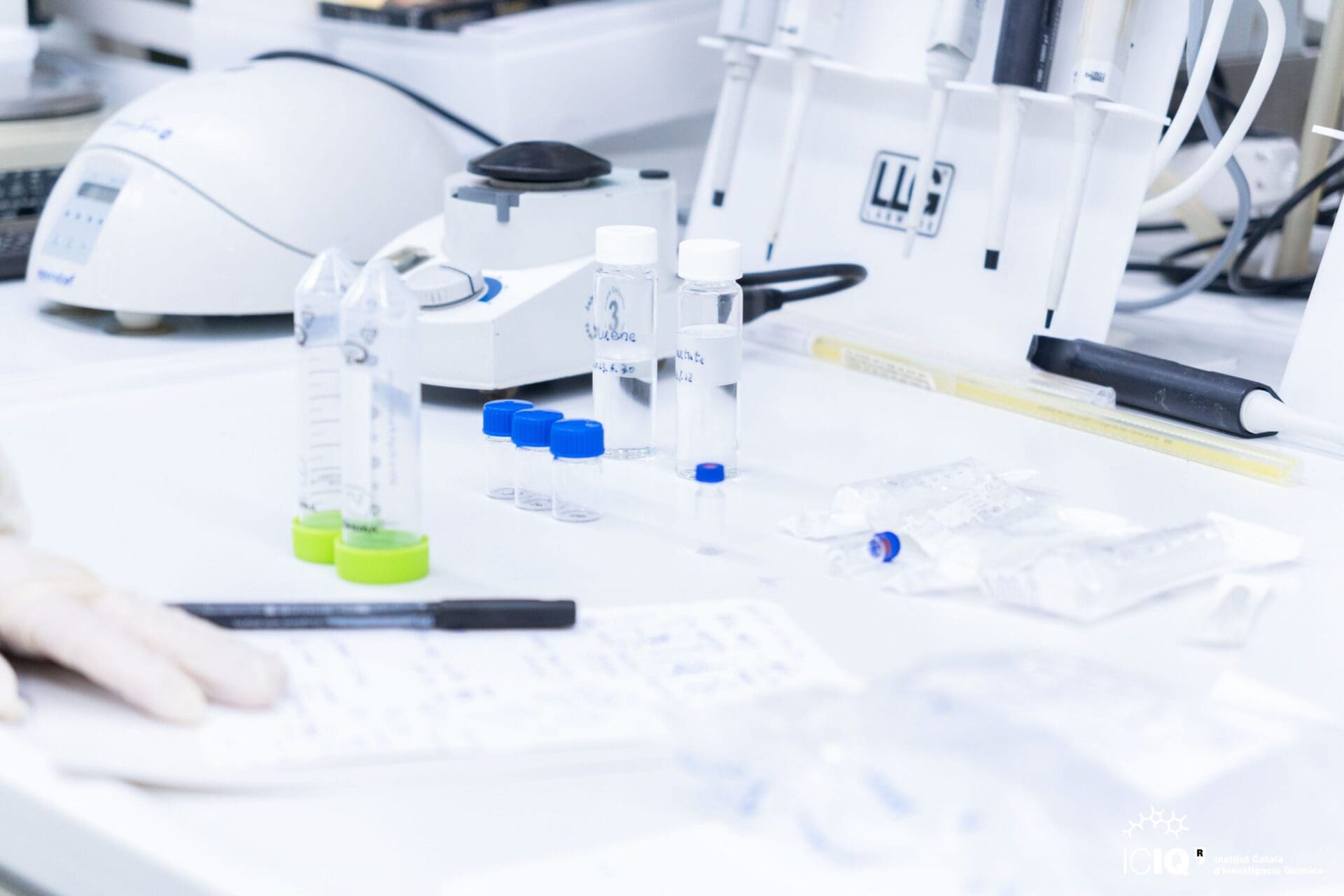






 23-01-2025
23-01-2025 